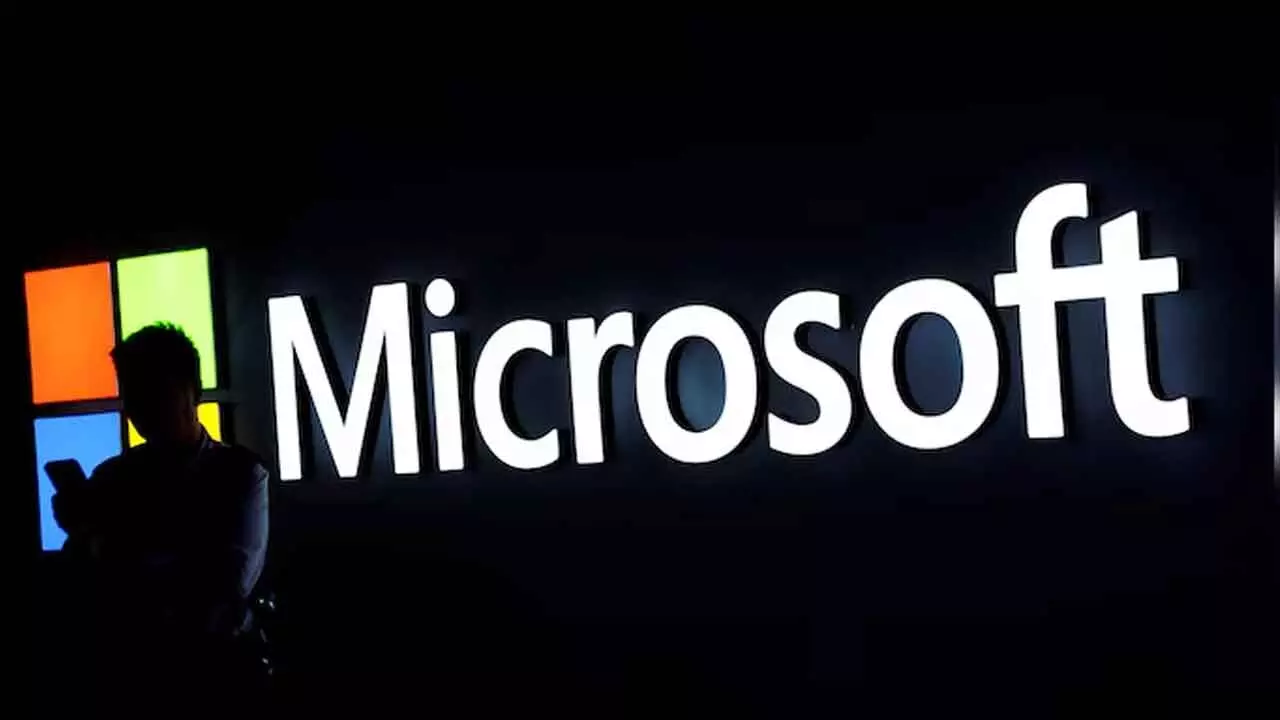Microsoft Prioritizes Successful Sessions to Track Copilot Growth
Microsoft AI chief Mustafa Suleyman explains how Copilot is tracked using SSR, sentiment analysis, and real-time user feedback over traditional metrics.
image for illustrative purpose

Microsoft has set new benchmarks in tracking its AI assistant, Copilot, during the company’s 50th anniversary event, according to Microsoft AI executive Mustafa Suleyman. In his address, Suleyman detailed the measurement methods that focus on daily and weekly usage statistics and user interaction rates. However, his primary focus remains on the rate of successful sessions, referred to as SSR.
Suleyman explained that traditional product success metrics, such as time spent on a service or the number of problems resolved, have been replaced by real-time feedback analysis. The company now uses anonymized logs and an AI model to gauge the sentiment of user interactions with Copilot. This approach, he said, provides a clearer measure of session success and guides the team’s efforts to improve the assistant’s performance.
The Microsoft executive, who joined the firm last year after his tenure at Inflection AI, noted a significant rise in SSR over the past four months. He did not disclose precise figures or additional performance metrics for Copilot. The shift in metrics aligns with Microsoft’s broader strategy of using user feedback data to drive product enhancements.
In related developments, Microsoft introduced updates to Copilot last fall, including a new voice interface and a tool for analyzing web content. Recent demonstrations have expanded the assistant's functionality to include personalized podcasts, research aids, and options for user customization during interactions.
When questioned about future design ideas for Copilot, Suleyman mentioned a preference for a more engaging and informal presentation style, likening his ideal version to a small interactive device reminiscent of earlier consumer electronics.

